
What is surgical sterilisation?
Surgical sterilisation is the permanent removal of the animal’s reproductive organs through surgical intervention. It is the most common surgical procedure performed in the veterinary profession. With females, this is called a spay (ovariohysterectomy) and is the removal of the ovaries and uterus.

What is the process of sterilisation with WVS?
In all of our projects, our objectives are to make a noticeable large-scale impact to the environment we are in, looking to sterilise a large volume of animals in any given area. Nonetheless, the experience of the individual animal remains a top priority for their welfare, and our work is constantly evolving in order to accommodate a more personalised positive experience for each animal.
WVS currently operates five International Training Centres (ITCs) in India, Thailand, Malawi, and Ecuador, that train veterinary students and surgeons to an international standard of surgery. In one of our centres in India alone, the team sterilise up to 800 animals per month.
We also have the WVS Veterinary Taskforce, a critical section of our global impact, where our veterinary staff travel into areas around the world to train local vets and students in ‘Best Practice’ surgery, anaesthesia, and animal welfare.

What are the benefits of sterilisation?
- It is a key method of humane population control, reducing the number of unwanted animals on the streets and the spread of infectious diseases.
- It is a permanent intervention, and so there is no risk of unwanted litters.
- Performed under international standards of surgery, of which WVS teaches, it is fast, pain-free, and results in rapid recoveries.
- It can help reduce undesirable behaviour associated with intact animals, such as aggression, roaming, and pack-like behaviour in urban environments.
- It reduces the suffering associated with TVT (transmissible venereal tumour), and ovarian, uterine, and testicular cancers.
One of the key objectives of WVS is to focus on the welfare, health, and conflicts that arise from a growing population of domesticated animals on the streets. Whilst this growing concern requires a multifactorial approach that we do employ, sterilisation is a key intervention that has a tangible impact on this at the roots of the problem.

Summary of the benefits of spaying and neutering:
Health Benefits
- Longer lifespan: Reduces risk of certain cancers (e.g., mammary, ovarian, uterine, and testicular).
- Disease prevention: Lowers the likelihood of uterine infections (pyometra) and some hormone-related illnesses.
Behavioral Benefits
- Reduced aggression and roaming: Decreases territorial behaviors, fighting, and the urge to roam in search of mates.
- Fewer marking behaviors: Helps prevent urine spraying and scent-marking, especially in males.
Population Control
- Prevents unwanted litters: Helps reduce the number of homeless animals and the burden on shelters.
- Supports community health: Fewer stray animals mean fewer injuries, traffic accidents, and spread of disease.
Financial Benefits
- Lower long-term costs: Preventing health issues and litters saves on future veterinary care and pet maintenance expenses.
Spay & Neuter Your Pets
Help save the life of a cat or dog….
Millions of cats and dogs of all ages and breeds are euthanized annually in community shelters or suffer as strays. These high numbers are the result of unwanted, unplanned litters that could have been prevented by spaying or neutering.
You personally can make a difference by spaying or neutering your pet. Spay or neutering is the best way to cut down on the number of unwanted animals in the community.
These routine medical procedures not only help control pet overpopulation, but they may also prevent medical and behavioral problems from developing, allowing your pet to lead a longer, healthier and happier life.
Below are the benefits of spaying & neutering your pet.
Your female pet will live a longer, healthier life.
Spaying helps prevent uterine infections and breast cancer, which is fatal in about 50 percent of dogs and 90 percent of cats. Spaying your pet before her first heat offers the best protection from these diseases.
Neutering provides major health benefits for your male.
Besides preventing unwanted litters, neutering your male companion prevents testicular cancer, if done before six months of age.
Your dog or cat may be one of the most important actionsyou take to give them along and healthy life. Spaying and neutering are routine
procedures.

Increasing the benefits, reducing the risks
Spaying or neutering can save you substantial money over your pet?s lifetime.
Surgery to treat uterine infections, prostatitisor testicular/ mammary cancer can cost thousands of dollars. When you adopt a pet from a shelter or rescue, they are often already spayed or neutered!
Longer life:
Dogs and catswho are spayed or neutered live significantly longer than
those who are not sterilized. This impact is most profound in cats: One study showed that spayed cats
lived 39%longer and neutered cats lived 62%longer than unaltered cats.
Healthier life:
Spaying your female dog or cat will eliminate her chances of developing ovarian
cancer, uterine cancer and pyometra(an infection of the uterus). When spayed before her first heat cycle, your dog?s risk of mammary cancer (the most common cancer in female dogs) isnearly eliminated. For males, neutering eliminates the risk of testicular cancer and some prostate disorders. Sterilization also reduces the risk of your pet contracting asexually transmitted infection.
Better behavior:
Spaying or neutering may reduce the chances of your pet developing unwanted behaviors such as urine marking and mounting.
It can also reduce aggression and roaming, making your pet less likely to fight with other animals or to be hit by a car.
Cost savings:
As spaying and neutering have become more common, the number of animals
euthanized in shelters has dropped dramatically, saving millions of lives each year.
FAQs benefits of spaying and neutering:
1. Does spaying/neutering help prevent health problems?
Yes. It reduces the risk of certain cancers and infections, like uterine infections in females and testicular cancer in males.
2. Will my pet’s behavior improve?
Often, yes. It can reduce roaming, aggression, marking, and mating-related behaviors.
3. Does it help control the pet population?
Absolutely. It prevents unwanted litters and helps reduce shelter overcrowding.
4. Will it make my pet gain weight?
Not directly—weight gain is more about diet and exercise.
5. Is it expensive?
Usually less costly than caring for an unplanned litter or treating diseases it helps prevent.
6. Is it safe?
Yes, when performed by a qualified veterinarian, it’s a routine procedure with low risk.
Here’s a polished version of your contact box text so it reads clearly, looks professional, and encourages action while staying friendly:
Need Veterinary Help?
If you have questions about animal health, management, diseases, or treatment, our professional veterinary team is here to help.
Consult Online: Contact Us
Email: professionaldvm129@gmail.com
Visit: www.veterinaryhub.info

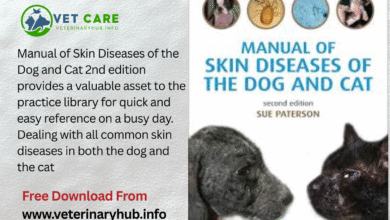
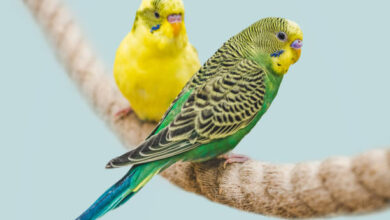

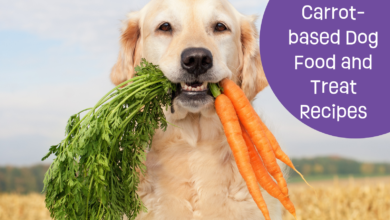
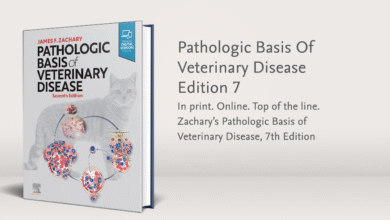

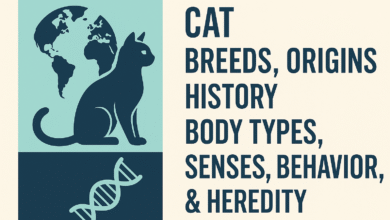
uebl1w
Hello,
At Cateus Investment Company (CIC), we understand that the right funding structure can significantly accelerate your business growth. Whether you’re an early-stage startup or a scaling enterprise, our investment solutions are tailored to align with your vision and long-term success.
We currently offer two primary financing options:
• Debt Financing: Access capital at a competitive 3% annual interest rate, with no prepayment penalties—ideal for businesses seeking straightforward, low-cost funding while maintaining full ownership.
• Convertible Debt Financing: A hybrid solution offering 3% annual interest with a conversion feature. After two years, the debt can convert into a 10–15% equity stake, providing both immediate funding and future alignment of interests.
If you’re seeking strategic funding with flexibility, we invite you to share your pitch deck or executive summary. Our team is ready to work with you to identify the most effective investment structure to support your business trajectory.
We look forward to exploring how CIC can partner with you to unlock your company’s full potential.
Warm regards,
Oman Rook
Executive Investment Consultant | Director
Cateus Investment Company (CIC)
oman-rook@cateusgroup.org | cateusgroup@gmail.com
http://www.cateusinvestmentsgroup.com/
pj5j39